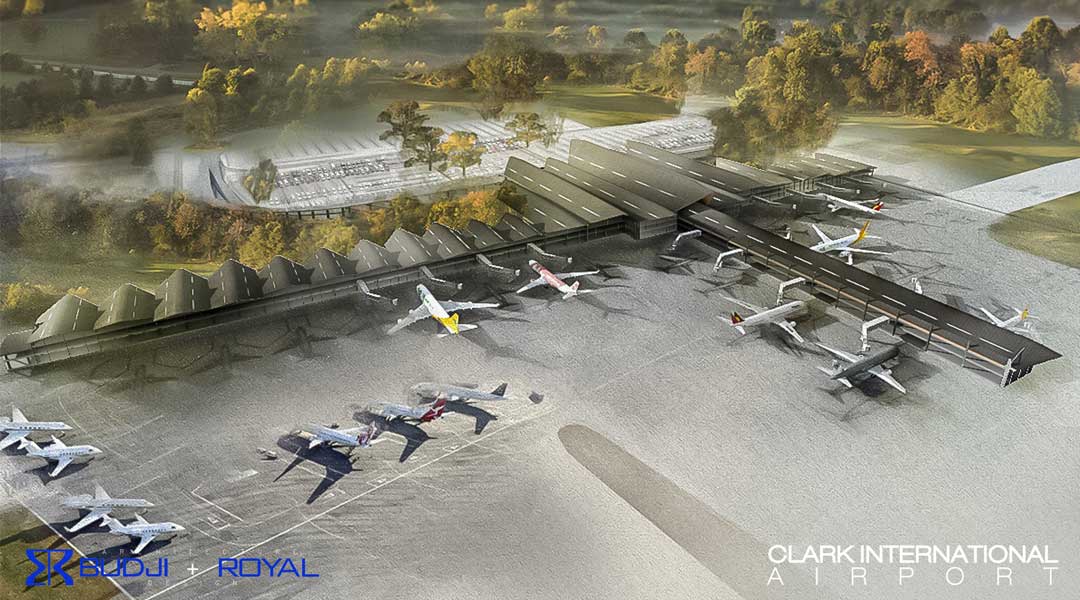
3 Build, Build, Build infra projects to develop alternative Luzon growth hubs
The Chico River Pump Irrigation, Philippine National Railways North 2, and Clark International Airport New Terminal Building—flagship infrastructure projects under the current administration’s “Build, Build, Build” program—are seen to develop major alternative growth areas in Central and and Northern Luzon, according to Finance Secretary Carlos Dominguez III.
The three projects have already been approved by the National Economic and Development Authority (NEDA) Board, which is chaired by President Duterte, and they are part of the administration’s strategy to develop growth centers outside Metro Manila in order to be more inclusive in terms of the benefits of the country’s fast-paced economic expansion.
READ MORE: ‘Green Green Green’ budget for more public space in PH cities
The P4.37-billion Chico River Pump Irrigation Project is seen to provide water to 8,700 hectares of agricultural land, benefitting 4,350 farmers and serving 21 barangays in the provinces of Cagayan and Kalinga. Meanwhile, the P211.43-billion Philippine National Railways (PNR) North 2 Project will connect Malolos in Bulacan, Clark Airport, and Clark Green City; and the P12.55-billion Clark International Airport New Terminal Building will increase the airport’s capacity by 8 million per year and help pave the way to the accelerated growth of Central Luzon and nearby areas.
“The end-goal of all our efforts remains the same. We seek to liberate our countrymen from poverty. We seek a meaningful life for all in a setting of broadly shared prosperity and undiminished liberty. We are ready to take our place among the accomplished nations of the world,” said Dominguez at the third leg of the 51st Asian Development Bank (ADB) Annual Meeting press launch, which was held at the Association of Southeast Asian Nations (ASEAN) Convention Center.
The aggressive infrastructure modernization program being implemented to link isolated communities to the mainstream of national wealth creation, the government’s policy revisions to improve the ease of doing business, the increased use of new digital technologies to create a more investor-friendly climate, and the continuing reforms in the financial sector to provide a capital base for businesses and enable more Filipinos to invest are among the initiatives currently being undertaken by the Duterte administration to make development more inclusive, Dominguez said.
“As much as this is a key moment for the ADB, it also is a key moment for the Philippine economy,” Dominguez said. “We are growing rapidly and improving continuously. We are innovating and introducing reforms in tireless fashion. We are building on past gains. We aim to lead our own region in the pace of economic expansion.”
This announcement is first made on www.dof.gov.ph. Edits were made for BluPrint online.
READ MORE: How do we make sure Asia’s megacities are healthy cities?


